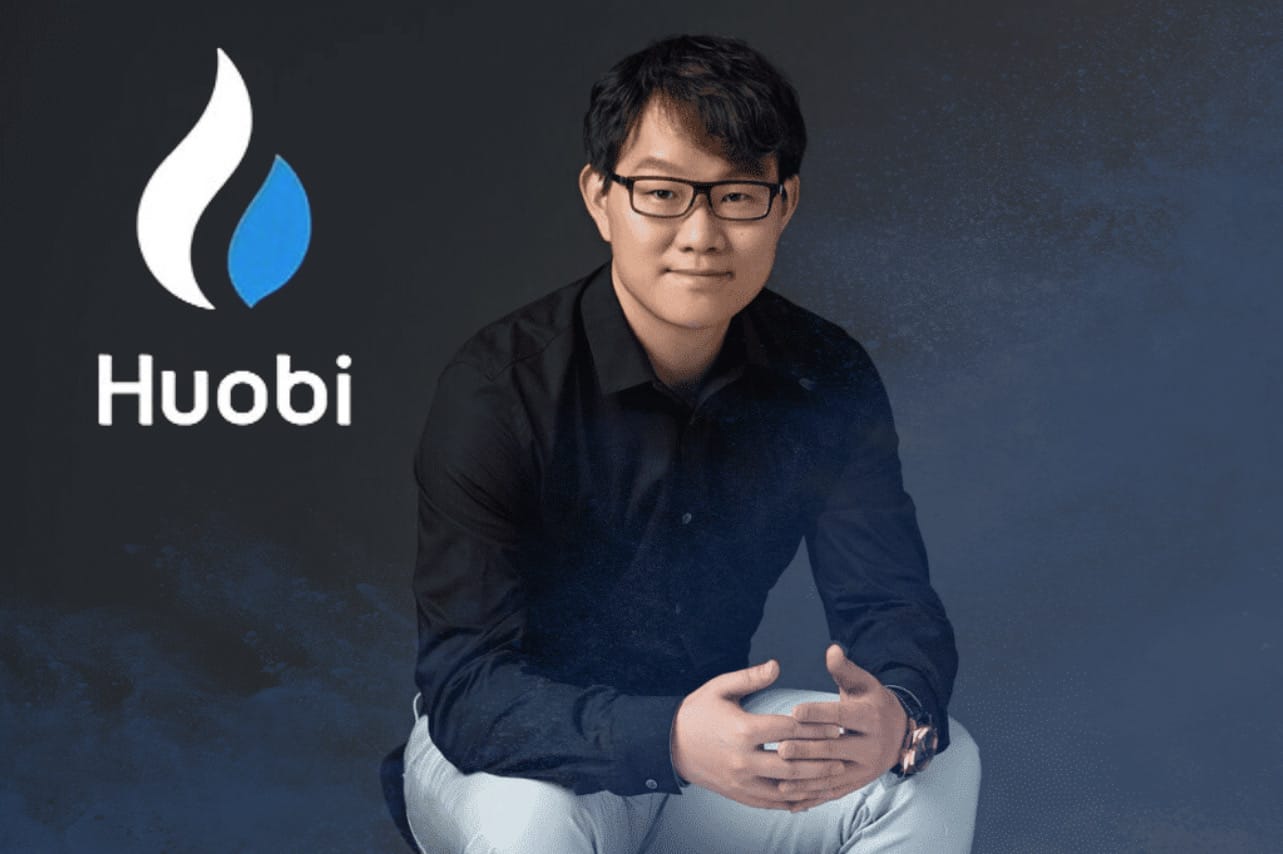Huobi Crypto Exchange Founder Li Lin Spearheads Billion Dollar Ethereum Treasury

Li Lin, the founder Huobi, one of Asia’s pioneering cryptocurrency exchanges, is taking a significant step into the institutional side of digital assets. He is leading the formation of a new trust dedicated to accumulating Ethereum as a core treasury holding. This venture brings together some of the region’s earliest and most prominent Ethereum supporters, signaling a structured approach to long-term exposure in the second-largest cryptocurrency by market value.
The initiative draws inspiration from established corporate strategies in the space, particularly those that have elevated Bitcoin within balance sheets. Sources close to the project indicate that the trust will focus on regulated pathways for investors seeking participation in Ethereum’s growth. With commitments already in place, the effort positions itself at the forefront of Asia’s evolving crypto landscape.
Stay In The Loop and Never Miss Important Crypto News
Sign up and be the first to know when we publishAssembling a Coalition of Early Ethereum Advocates
The group behind this trust includes a lineup of seasoned figures from the blockchain world. Shen Bo, co-founder of Fenbushi Capital, brings his experience from funding some of the network’s initial projects shortly after Ethereum’s 2015 debut. Xiao Feng, as chairman and CEO of HashKey Group, contributes expertise from one of Hong Kong’s first licensed virtual asset firms. Rounding out the core team is Cai Wensheng, the founder of Meitu Inc., whose personal investments have long highlighted his stake in cryptocurrency opportunities.
Funding for the trust has reached approximately $1 billion through initial pledges. Avenir Capital, under Li Lin’s leadership, has committed $200 million, while another $500 million comes from institutional sources like HongShan Capital Group. These contributions underscore the backing from established players who see Ethereum as a foundational asset for future financial systems.
Discussions are underway to acquire a Nasdaq-listed company, which would provide the necessary structure for the trust’s operations. This step aims to ensure compliance and accessibility for a broader investor base. A formal unveiling of the venture is anticipated in the coming two to three weeks, allowing time for final arrangements.
Li Lin’s journey in the crypto sector adds substantial credibility to the project. He established Huobi crypto exchange in 2013, growing it into a global powerhouse before dealing with the challenges of China’s 2021 crypto regulatory shift. The sale of the exchange to Justin Sun marked a pivot toward more stable investment vehicles, with Avenir Capital now overseeing over one billion dollars in assets, including major positions in Bitcoin exchange-traded funds.
This new focus on Ethereum reflects a broader trend among early adopters who once thrived in less regulated environments. Shen Bo’s Fenbushi Capital was instrumental in supporting blockchain innovation during Ethereum’s formative years, investing in protocols that shaped decentralized applications. Xiao Feng’s HashKey has similarly adapted to Hong Kong’s progressive framework, blending traditional finance with digital assets through licensed services.
Cai Wensheng’s involvement ties back to his high-profile bets on cryptocurrencies via personal funds, often shared publicly to inspire wider participation. Together, these individuals represent a generation of Chinese entrepreneurs who embraced Ethereum from its inception, weathering market cycles and policy changes. Their collective effort now channels that experience into a vehicle designed for sustained accumulation.
The timing aligns with heightened institutional curiosity in Ethereum, spurred by the robust performance of Bitcoin funds in the United States. Managers of digital assets are exploring similar products to meet demand for diversified exposure. This trust could serve as a bridge, offering Asian institutions a compliant entry point into Ethereum holdings.
Comparisons to Strategy’s Bitcoin accumulation under Michael Saylor are apt, as both emphasize treasury reserves over short-term trading. Yet Ethereum’s utility in smart contracts and decentralized finance sets it apart, potentially amplifying the trust’s appeal. Current holders like Tom Lee’s BitMine Immersion, with over $11 billion in Ethereum, demonstrate the scale possible for such strategies.
As regulatory clarity expands in regions like Hong Kong, initiatives like this could accelerate Ethereum’s integration into mainstream portfolios. Li Lin and his partners are betting on the asset’s enduring value, much like their early convictions that propelled the ecosystem forward. For investors, the trust represents not just capital deployment, but a vote of confidence in Ethereum’s next chapter.

